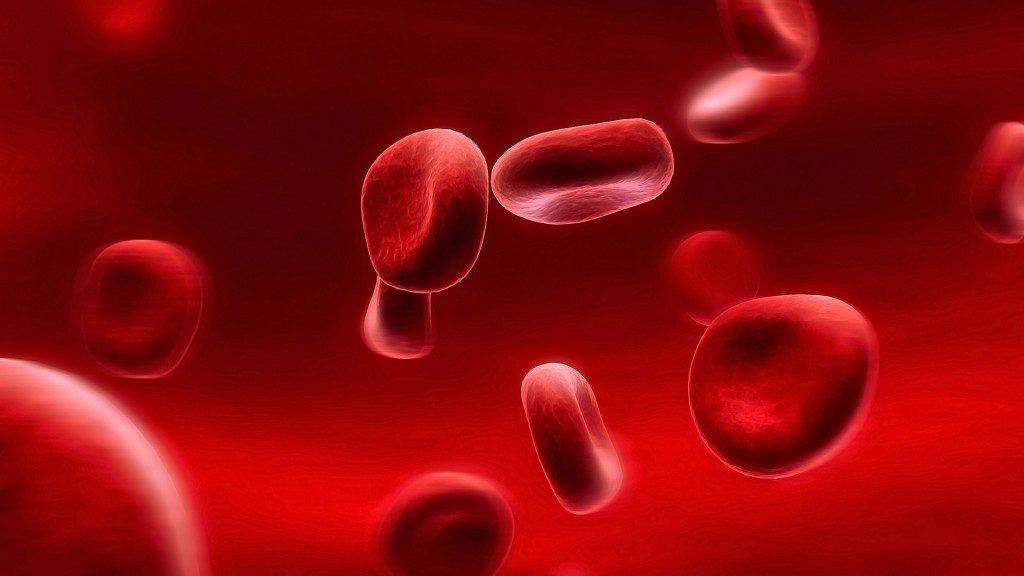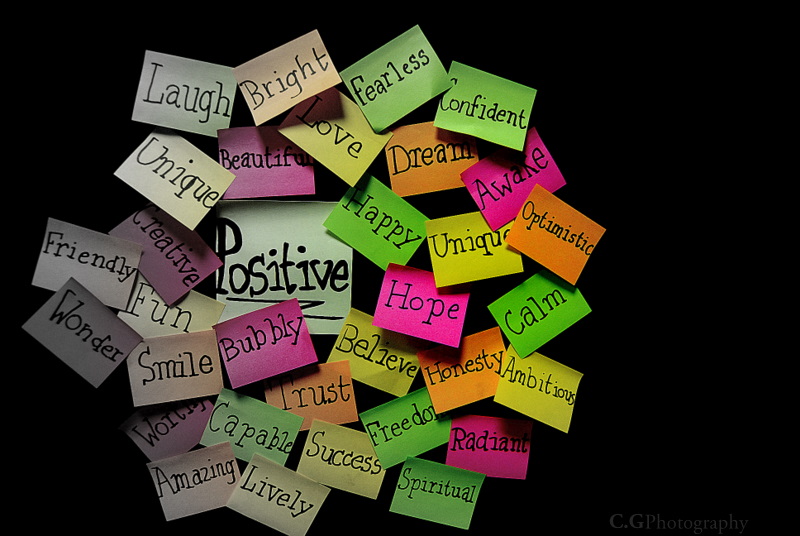Sunday Reading

Section 1: Definition
In literature, Gastrointestinal System is named as 2nd brain.
80% of or immune system is made up of intestinal micro flora. In other words, it is the castle of our immune system.
In this part of our body, there are about 100 trillion viable bacteria, parasites, viruses and fungus colonies.
These foreign organisms, which are 10 times more in number than all cells in our body are classified as beneficial ones ( probiotic ) and malignant ones (causing diseases and weight gain)
Scientific studies have shown that the low levels of probiotics in intestines causes over 170 different diseases, particularly obesity. Among these diseases, high cholesterol, bowel obstruction/diarrhea, skin problems, unexplained fatigue, aggressive mood, diabetes, chronic headaches, sleep disorders, weight creep, permanent desire to eat (especially refined) sugar-based food are frequently observed.
The ideal good / bad bacteria ration in our intestinal microflora should be 9/1.
To be continued…
Section 2: The list of consumer products that cause diseases
It is in our hand to increase or decrease the number of these beneficial (probiotic) bacteria by environmental factors, lifestyle and nutrient preferences. Probiotic means beneficial bacteria, while prebiotic means food components such as indigestible pulp fiber that helps the prebiotic beneficial bacteria. Synbiotic products, on the hand, are products that contain probiotic and prebiotic elements together.
The following are the main sources that enable the growth of malefic (malignant, harmful,) micro flora in our intestines.
- All products and desserts made of sugar and corn syrup: chocolate, wafer, beverages, cola etc.
- Products containing artificial sweetener: cola, ice tea, toothpaste, chewing gum
- Processed, refined foods that have long life cycles.
- Drinking (tap) water with chlorine
- Antacid and laxatives (purgative agents)
- All alcoholic beverages, particularly beer
- Vegetables and fruits that are contacted by pesticide (chemical and pesticides)
- Forced (out of season) and greenhouse products





